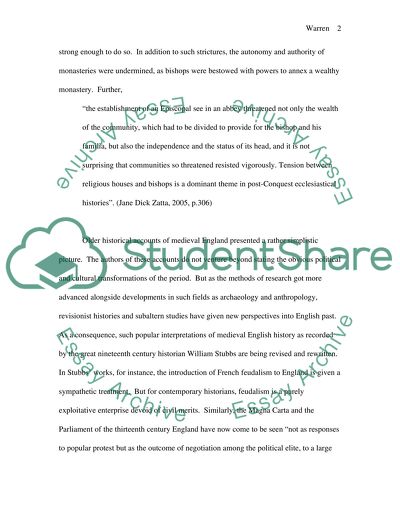Cite this document
(How the Norman Conquest Affected England and English Literature Coursework, n.d.)
How the Norman Conquest Affected England and English Literature Coursework. https://studentshare.org/history/1551451-how-the-norman-conquest-affected-england-and-english-literature-causes-impact-and-result
How the Norman Conquest Affected England and English Literature Coursework. https://studentshare.org/history/1551451-how-the-norman-conquest-affected-england-and-english-literature-causes-impact-and-result
(How the Norman Conquest Affected England and English Literature Coursework)
How the Norman Conquest Affected England and English Literature Coursework. https://studentshare.org/history/1551451-how-the-norman-conquest-affected-england-and-english-literature-causes-impact-and-result.
How the Norman Conquest Affected England and English Literature Coursework. https://studentshare.org/history/1551451-how-the-norman-conquest-affected-england-and-english-literature-causes-impact-and-result.
“How the Norman Conquest Affected England and English Literature Coursework”. https://studentshare.org/history/1551451-how-the-norman-conquest-affected-england-and-english-literature-causes-impact-and-result.


